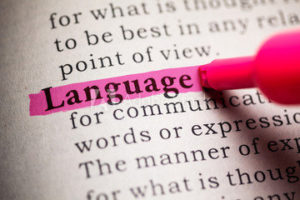
“Defense Department” or “War Department”? Repetition breeds acceptance. But what part of America are these soldiers “defending”?
“The truth is what most people believe. And they believe that which is repeated most often.”
Paul Josef Goebbels
The quote is from the man who served as Hitler’s Propaganda Minister and who (BTW, he was a linguist like me, with a doctorate in philology) would today feel quite at home in a PR or ad firm, or at the CIA or a related secret agency, or at one of the big tech companies.












